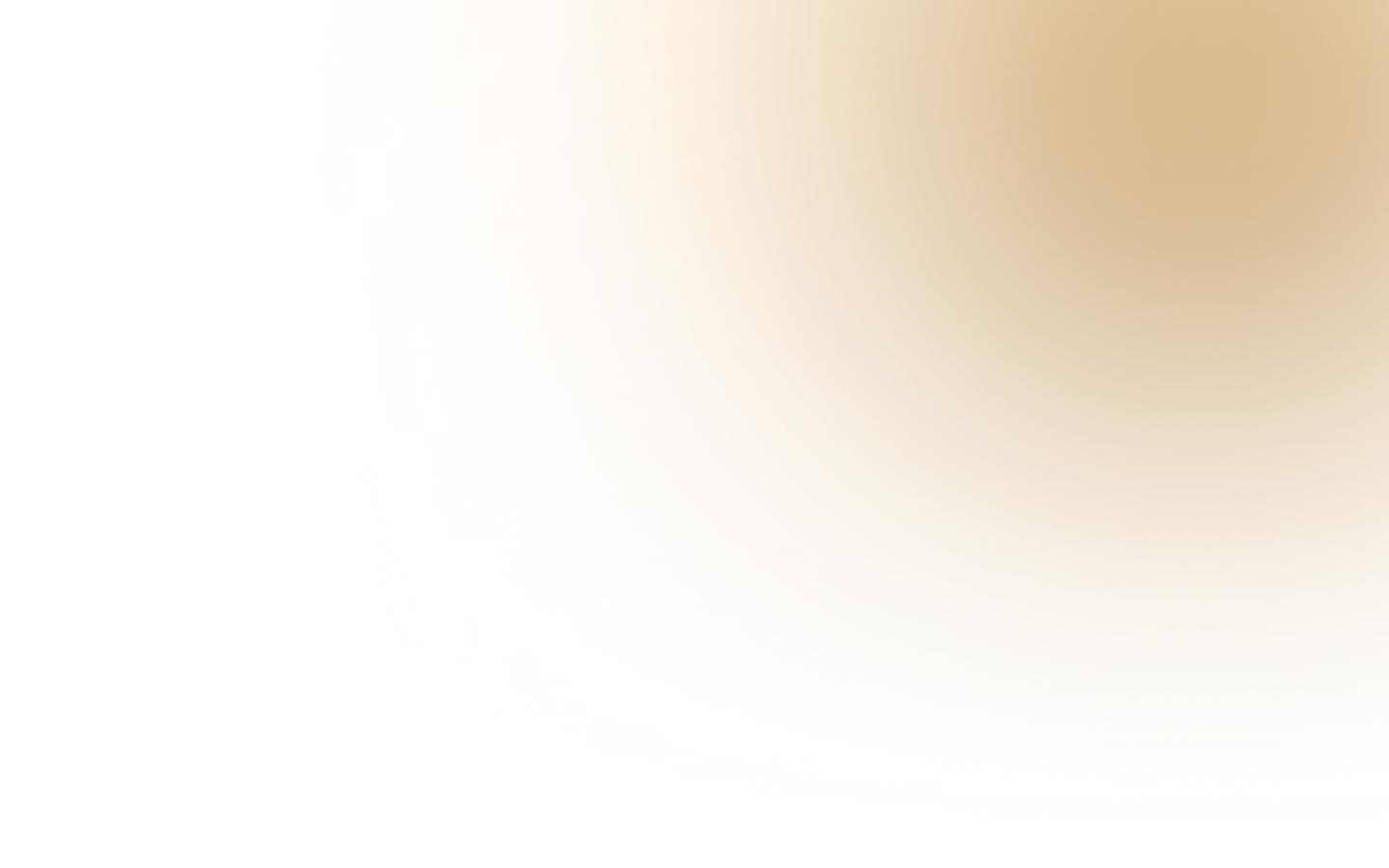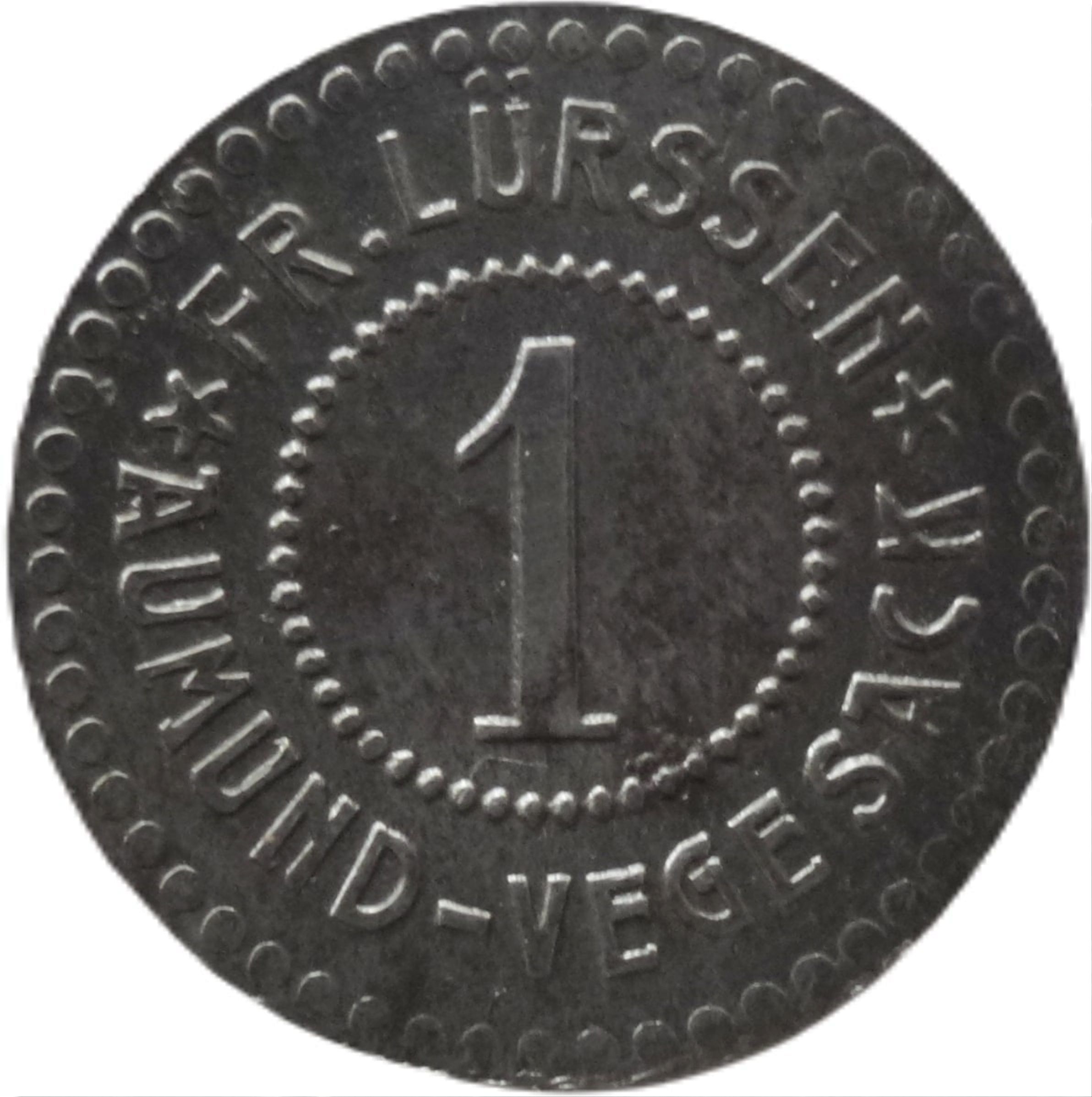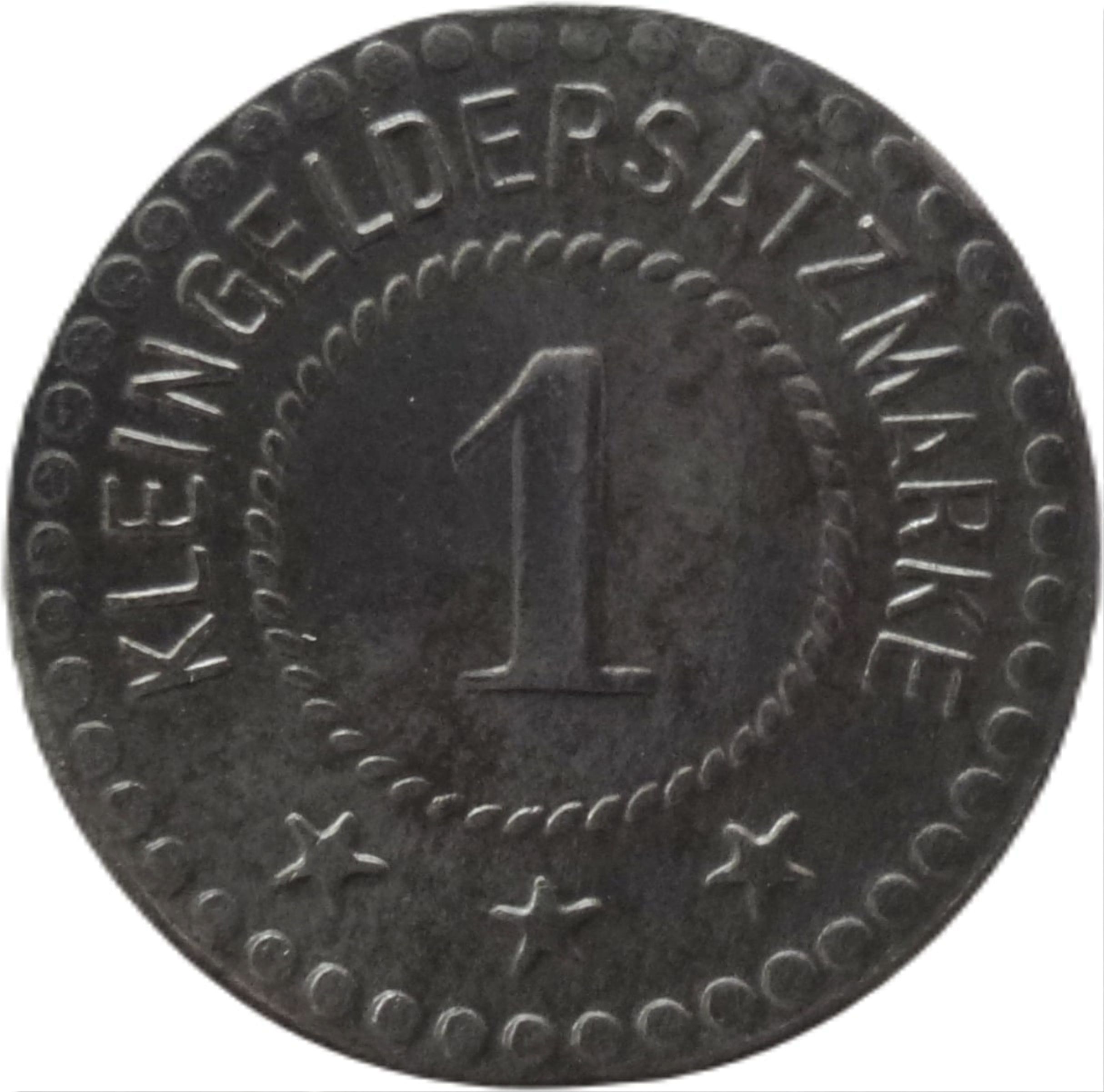

German notgeld 1 Pfennig - Aumund-Vegesack (Fr. Lürssen)
Description:
1 Pfennig 1 Pfennig - Aumund-Vegesack (Fr. Lürssen) coin from German notgeld. Design, history & value.
Introduction
The 1 Pfennig Aumund-Vegesack coin from German notgeld is a fascinating piece of numismatic history. Issued during a time of economic turmoil, this coin carries significant historical importance and unique design elements that make it a sought-after collectible among numismatists.
Historical Background
German notgeld refers to emergency money issued by various municipalities, companies, and organizations during the early 20th century, particularly in the aftermath of World War I. Aumund-Vegesack, a locality in Bremen, Germany, issued this 1 Pfennig coin as part of its notgeld series. These coins served as a means of local currency when official currency was scarce or devalued.
Coin Images
 Obverse
Obverse
 Reverse
Reverse
Design Features
The obverse of the 1 Pfennig Aumund-Vegesack coin showcases a pearl rim surrounding a central legend with the denomination inscribed at the center. The reverse features a similar pearl rim with a legend surrounding a rope circle where the denomination is centered. These intricate designs reflect the attention to detail and artistry of the issuing authority, Fr. Lürssen.
Technical Specifications
- Denomination: 1 Pfennig
- Country/Issuer: Aumund-Vegesack, German notgeld
- Composition: Iron
- Weight: 1.60g
- Diameter: 15.90mm
Collectible Value
The 1 Pfennig Aumund-Vegesack coin holds both historical and collectible significance. As a relic of German notgeld, it offers a glimpse into the economic challenges faced by local communities in the early 20th century. Collectors value these coins for their historical context, unique designs, and scarcity. In the numismatic market, the 1 Pfennig Aumund-Vegesack coin may vary in price depending on its condition, rarity, and demand among collectors. Due to its limited mintage and historical significance, this coin is a prized addition to any collection of German notgeld or emergency coinage.
Conclusion
The 1 Pfennig Aumund-Vegesack coin stands as a testament to the resilience and ingenuity of communities during times of economic instability. Its intricate design and historical background make it a valuable piece for both numismatists and history enthusiasts. Owning this coin not only adds a unique item to a collection but also preserves a piece of the past for generations to come.

ScanMyCoin: AI Coin Recognition
Professional AI coin recognition and collection management platform. Identify, learn, and track your coin collection with advanced AI technology and a vast.